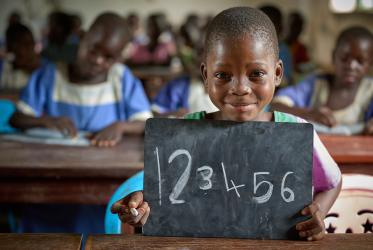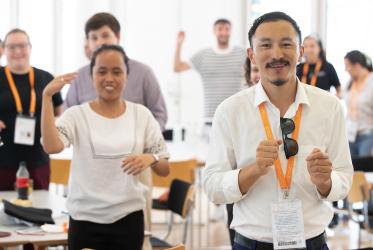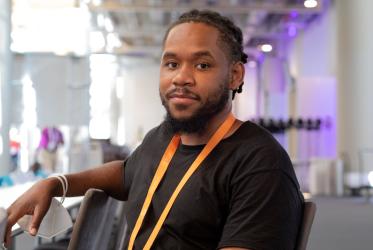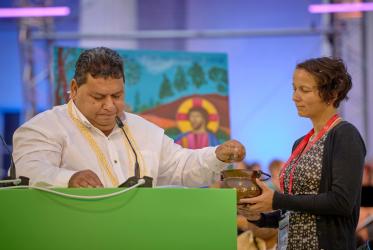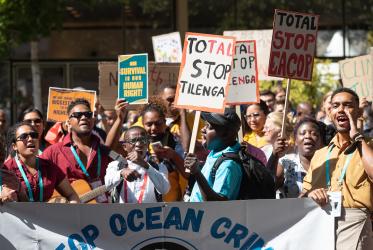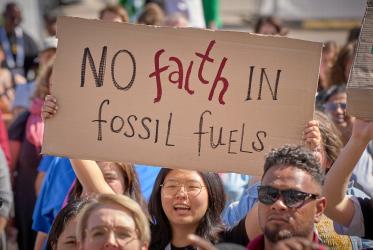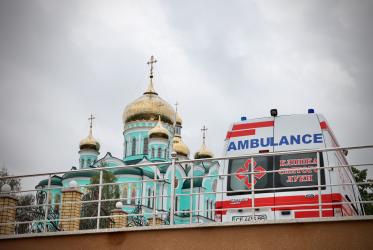Displaying 1 - 20 of 38
WCC institute encouraged rethinking theology
23 November 2023
Christ’s Love (Re)moves Borders – GETI 2022 in images
13 September 2022
Reflections from GETI underscore friendship coupled with knowledge
13 September 2022
Aspiring therapist opens his mind to different beliefs
13 September 2022
The earth is the LORD's… and the Lord is claiming it back
07 September 2022
Multifaith advocacy for the climate: Not really much time left
04 September 2022
Youth demand climate justice
03 September 2022
Monastery in Ukraine responds to the consequences of war
09 August 2022






